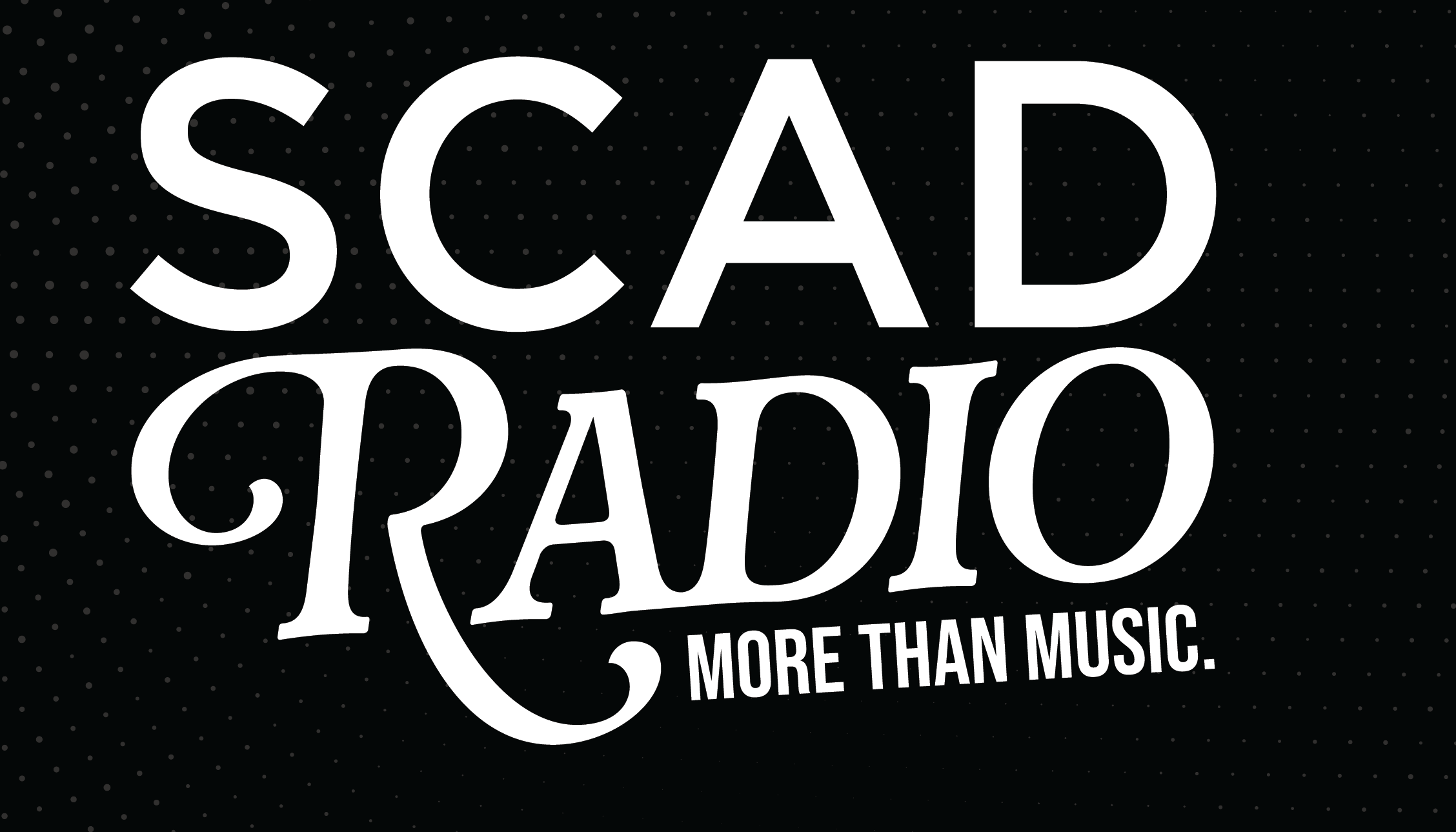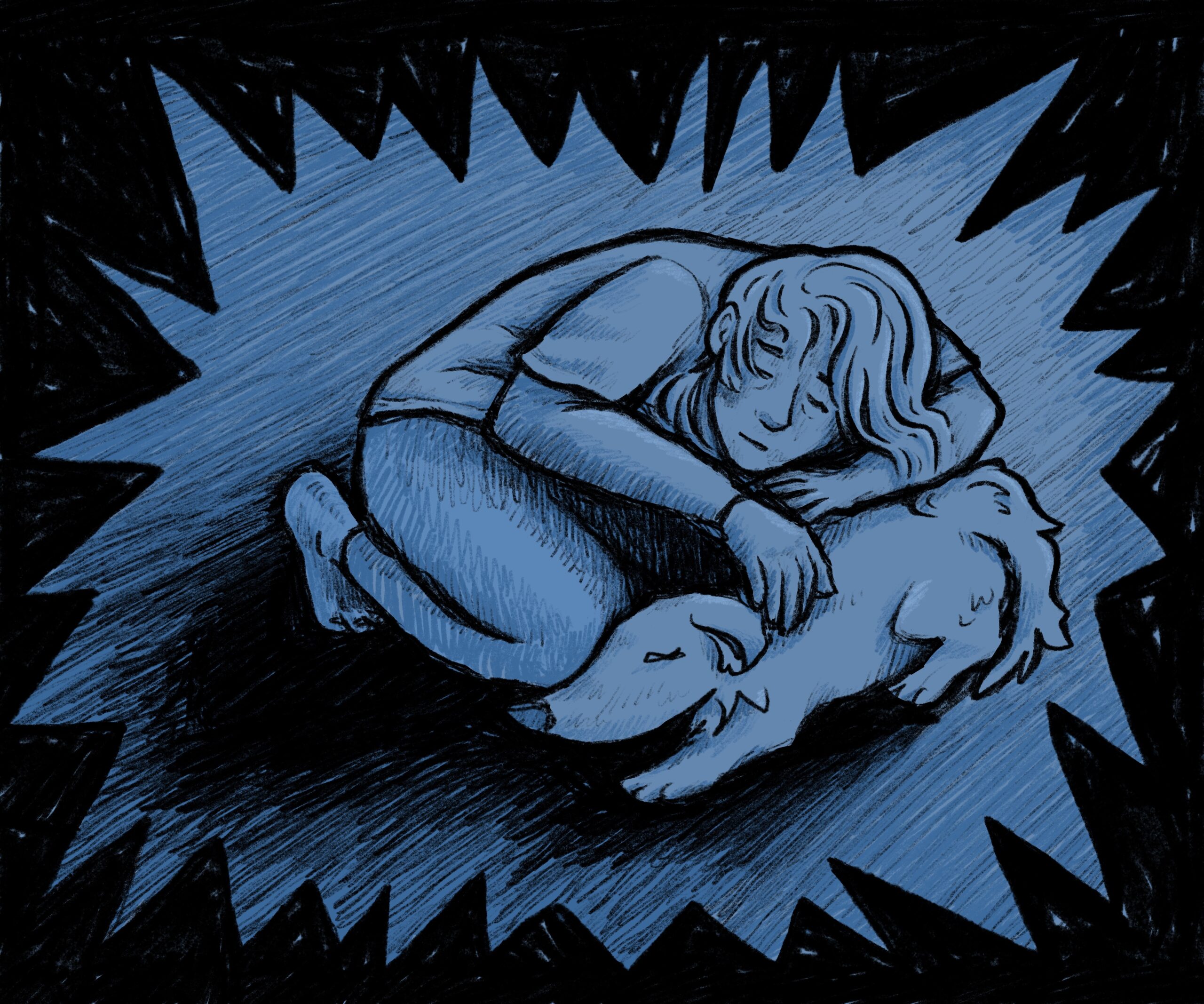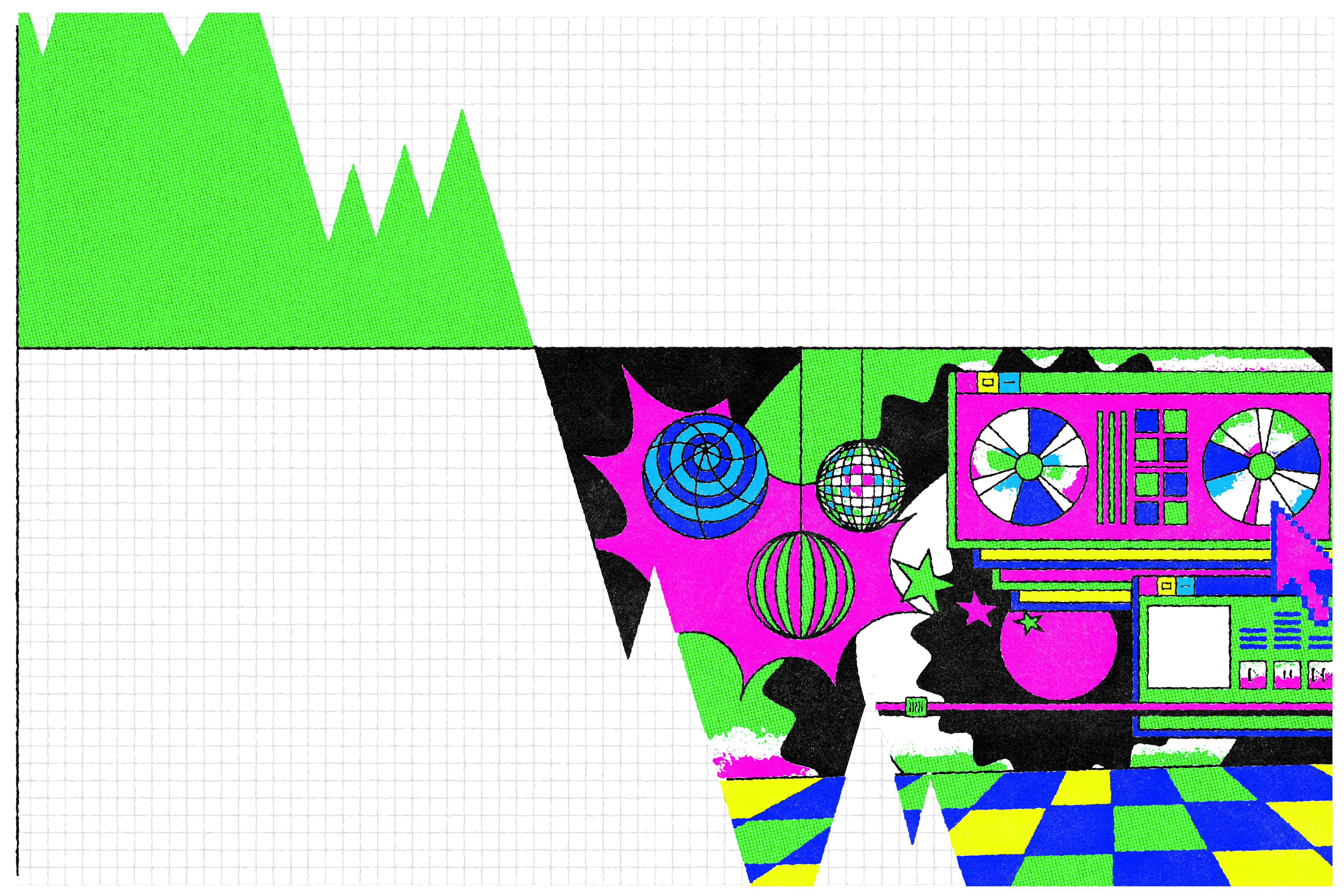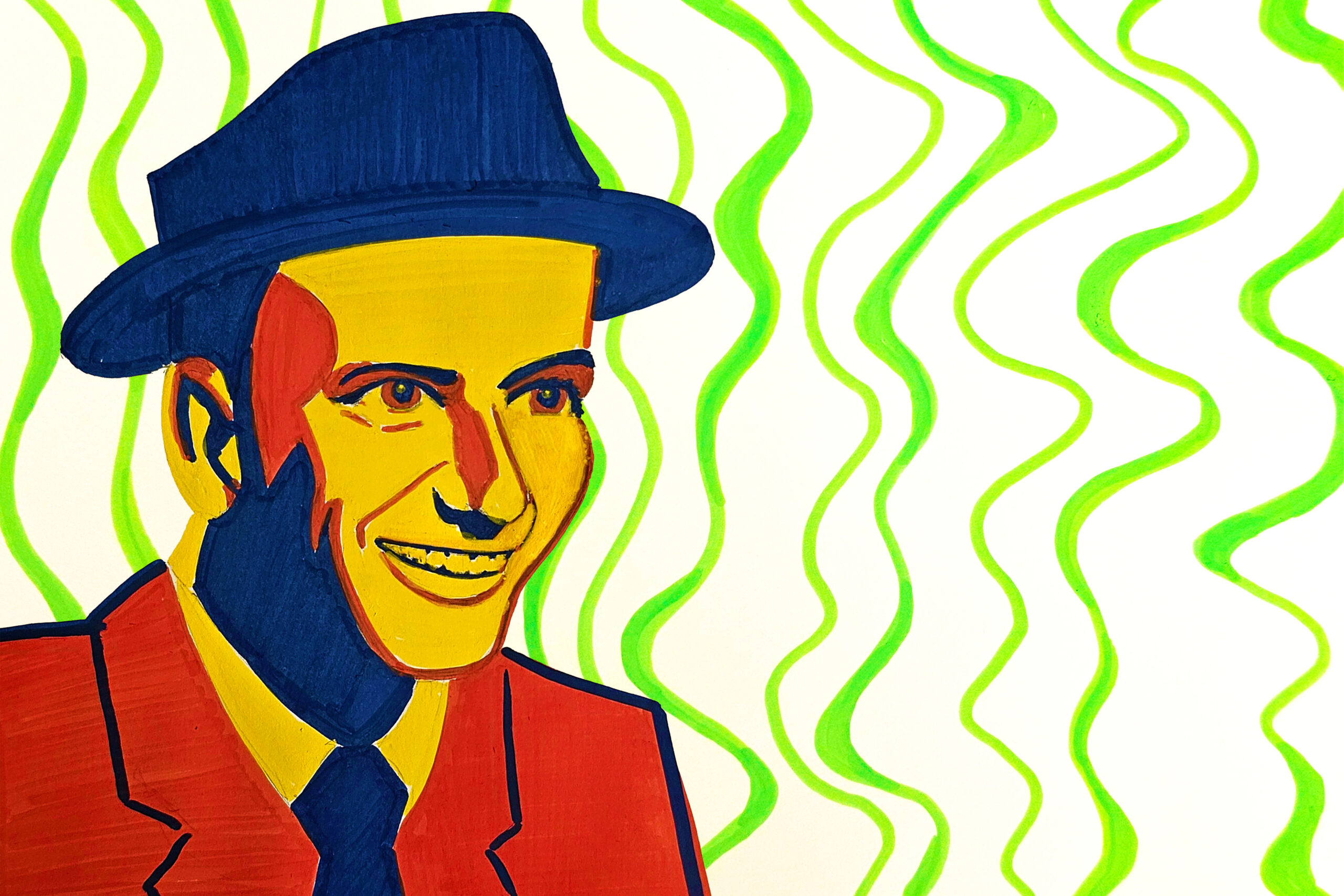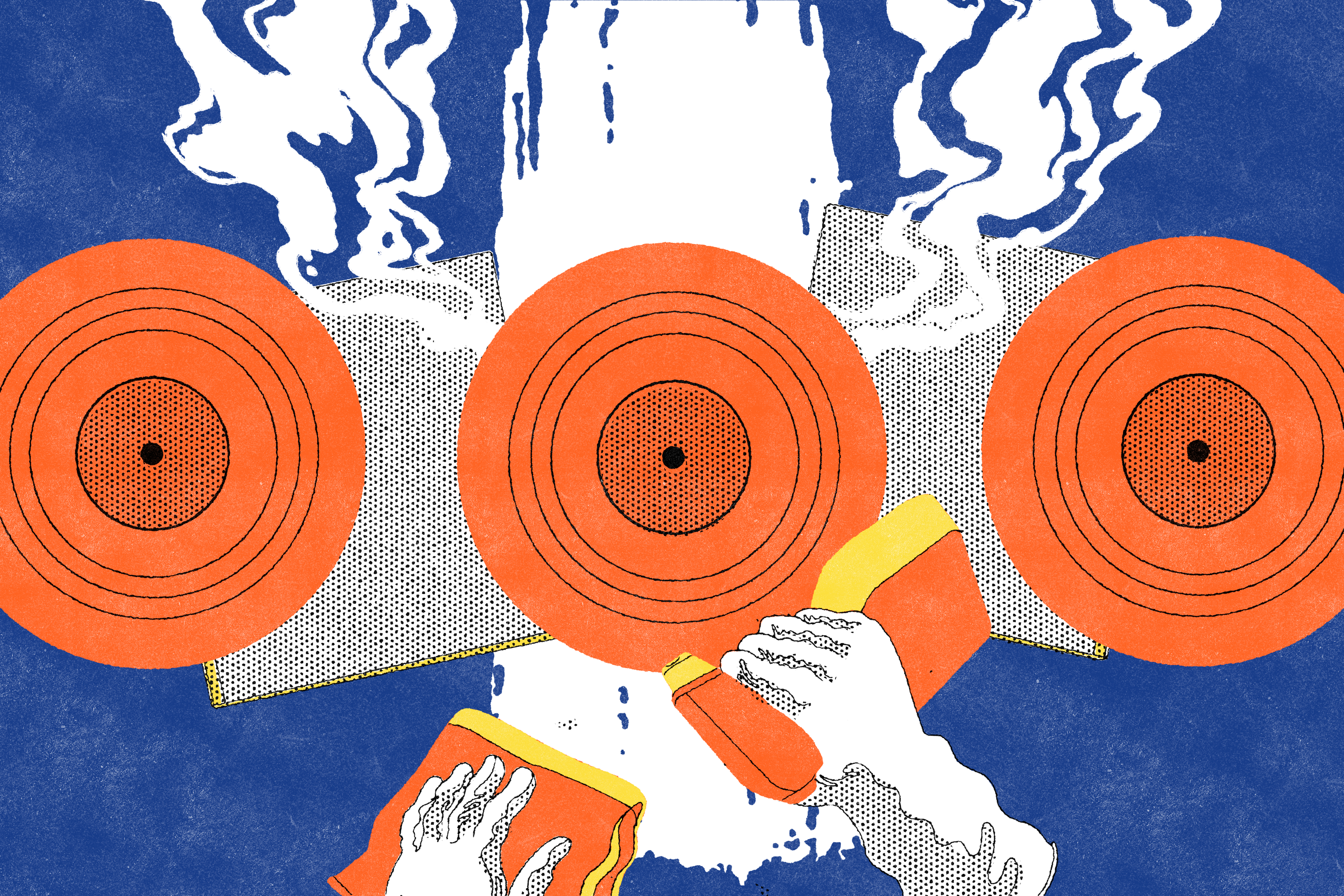Written by Cyrus DaGrossa. Header illustration courtesy of Olivia Wolfson (@o.wolfson.tm)
I am not a mother.
This shouldn’t need to be made clear when viewing any movie, but when it comes to “Nightbitch,” you might believe you need that context to understand the piece. If you’re not a mom, why would you want to go into a movie about the pure violence of motherhood? All the negative, visceral, and primal urges that come with it, as opposed to the pure and kindly portrayal of motherhood we’ve come to expect. Someone who hasn’t experienced that part of life might even find this film offensive. Portraying being a mom with such disrespect? Does the team behind “Nightbitch” really see being a mom as being an animal experience?
Yeah. They do. But that isn’t a bad thing.
“Nightbitch” is a hard film to categorize in terms of genre. It’s majority a domestic satire, with horror and fantasy elements sprinkled in. Based on the book by Rachel Yoder, which I read and heavily enjoyed before this, it’s meant to be a comedic feminist tale about the horrors of motherhood. It isn’t negative in this portrayal of being a mother, not evil like “Mommie Dearest” nor obsessive like “Friday the Thirteenth.” The premise is very purposeful with how vague it introduces this concept to the audience. It almost wants you to believe this woman hates her life, her family, and everything that comes with it.
Amy Adams portrays an unnamed artist who’s moved to the suburbs to care for her two-year-old son, and it drives her a little bit insane. How wouldn’t it? Being thrust into a world you weren’t prepared for, especially when your own husband is gone most of the week for work. As the story progresses, this woman, consciously or not, taps into her most primal instincts. Whether it’s being in tune with her senses, her anger, or even her body, this experience of being a mother begins to change her into a completely different beast. And, as the name suggests, she starts to think she’s turning into a dog.
I want to take some time to talk about this hook to the film, because I feel as though it’s what most people go into both the book and the film expecting most of all. Some believe it’ll be her genuine descent into madness, or a horrifying werewolf flick, or a nasty body horror. Even reading the book, I believed the horror elements would be much more prominent, since that was very much how it was marketed. But even then, the dog-like elements aren’t played for horror. They’re mixed in their portrayal, while being visible embarrassment, empowerment, or cathartic release, but all of them are kept intentionally vague. They do something I enjoy immensely, blurring the lines between reality and fiction. Nothing pictured in these scenes, if you put a real human in their place, is entirely impossible. They’re strange, sure, but they are all possible for a human to do.
Tonally, this movie is presented in a lighthearted, satirical way. Oftentimes, Adams will monologue and ramble about her thoughts on her situation. She recites passages ripped directly from the book, in a way that feels overly analytical, for example:
“You light a fire early in your girlhood. You stoke it and tend it. You protect it at all costs. You don’t let it rage into a mountain of light, because that’s not becoming of a girl. You keep it secret. You let it burn.”
It’s almost as if she’s being so perfect and proper just to stave off any animal desires in her gut, but children are tough to handle. Being a parent is one of the most intense experiences a person can have. Despite that, it’s made abundantly clear over the runtime that she never regrets having kids, she never even regrets marrying the man that she did. What she regrets is losing herself to it all.
The movie has a message about not only the balance mothers need to have, but the inherent power in their bodies. This primal instinct isn’t just some device made up for a fun fantasy flick, it’s in their genetic makeup. Mothers have increased senses, whether it be heightened smell, a rewriting of their tastebuds, or an attunement to sound in which higher-pitched noises become more audible than before. All of these are survival instincts, same as fight or flight, hardwired into mothers in order for them and their children to survive. Old-fashioned ideologies may wave around the idea that fathers are the protectors of families, they go out to provide and serve because they’re the powerhouses. Also, in this long-toted traditional dynamic, mothers are the ones staying at home. They may not have been the ones making money in pristine plastic 1950s homes, but they are the ones watching over the children. Giving birth, tending to needs, needing to be attuned to an entire other being after creating it. That’s something only a mother can accomplish.
“Nightbitch” manages to get this across perfectly with its fun dialogue and incredible performance from Adams. There’s a scene in the second half of the film between her and her husband, played by Scoot McNairy, where he unfairly accuses her of being ‘different’ than how she was when he married her. She, understandably, flares up in the most powerful scene of the film, where she makes it incredibly obvious that she’s doing her best. He just doesn’t get the point though, arguing back over and over and claiming he has it so much harder and that he’s the one being cheated out of something. On its own, the scene was one that took breaths away, but being in a theater of people repeatedly gasping at the things he said really emphasized it. The unfairness of it all, the complete loss it seems that fathers can have to the power the women in their lives hold.
So, back to my original statement. I’m not a mother. In fact, in a theater full of mostly college students I’d argue mothers were a stark minority in the audience. But that doesn’t mean it’s lost on the younger people watching it. The same way that the film’s feminist rhetoric doesn’t need to be lost on a man who’s willing to listen. That is the point of art, after all. To get a new perspective on something you might not have understood before. Most people in that audience probably needed that story to be given to them. Maybe a young mother in the audience was empowered, a potential parent saw the film and it inspired them to have a family, or a man in the audience felt the need to call his mom afterwards to thank her for what she’d done. It puts motherhood in a perspective we never get to see. Whether it be one of strength, loneliness, or even love.
